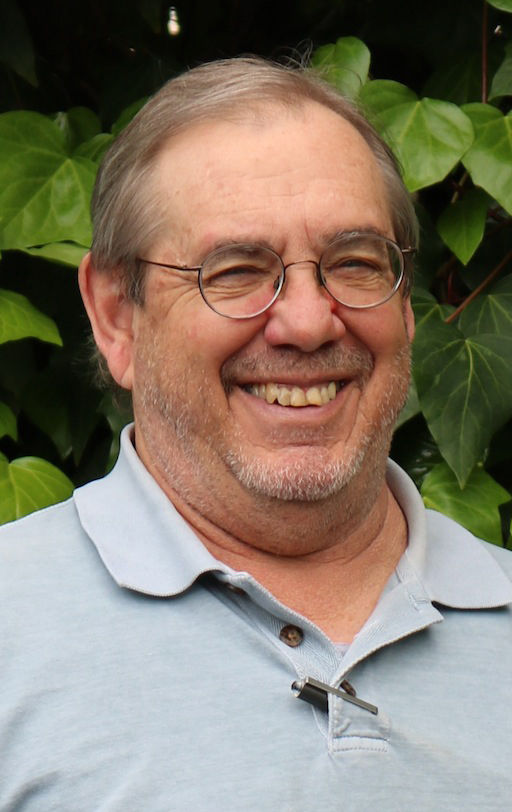The remedy for whatever ailments we perceive about our local, state or federal governments is a singular prescription. If the federal deficit is too high, or potholes aren’t getting repaired, or public pensions are unsustainable or Congress doesn’t listen, the same fix applies to all.
Benjamin Franklin and Thomas Jefferson knew this answer and now state senator Bill Dodd has convinced Gov. Jerry Brown to sign his name to a new California program and potential cure.
“An informed citizenry is at the heart of a dynamic democracy,” wrote Jefferson in the days our great American experiment of a people’s government was being born. Lucky for Jefferson and his colonial times cohorts that they did not have to battle against computer-blasted torrents of fake news.
From our local school boards and city halls to the Sacramento state house or U.S. Capitol, our people’s government is always strongest and most right when the most citizens are engaged, educated and casting votes.
Last week, Gov. Brown signed Dodd’s Senate Bill 830 into law. This law will require schools to adopt a course of study in media literacy. It supports professional development for educators and will fund new teaching materials. Media literacy is defined as, “the ability to access, analyze, evaluate and use media and encompass the foundational skills that lead to digital citizenship.”
Why do we need another required curriculum and more school expenditures? Perhaps Benjamin Franklin had the answer when he said, “If everyone is thinking alike, then no one is thinking.”
Dodd’s media literacy law was supported by a recent Stanford University study that found 82 percent of middle school students could not tell the difference between an advertisement and a news story.
We live in times of fake news, alternative facts, untrue truths, hacking and hoaxes. Lots more of us than just eighth graders would fail a current events test today. We are probably a nation of media illiterates. (Evidence: we just elected a president who doesn’t read books.)
While supporting SB 830, Sen. Dodd cited the 2016 presidential campaign when the 20 top-performing false election stories from hoax websites generated 8.7 million shares and reactions on social media platforms. At the same time the top 20 best-performing election stories from reputable news organizations fell more than 1.5 million below this total.
Try this pop quiz: how many potential voters actually voted for president in the 2016 election? (The answer is less than 25 percent.) Voter illiteracy is caused by apathy, anger, denial, submission and manipulation. None of these are good excuses and all could be remedied by going back to school.
Too many of us nowadays shout “fake news” about anything we disagree with. We confuse fake news with negative news. Fake means false, fabricated and untrue. Negative means unwelcome, unfavorable or disagreeable.
So what is real news? Real news is often challenging. News consumers need open minds, curiosity, skepticism and a few basic beliefs in fairness, objectivity and scholarship. Real news is cross-checked with many sources. Real news usually comes with some history of what happened before. Somewhere behind real news will be an eyewitness, usually a professional journalist.
Our media illiteracy epidemic is caused by our use of social media such as Facebook. We confuse the medium for the message. Facebook (and similar outlets) is not a news source. Facebook is an empty vessel that gets filled with all kinds of information, entertainment, digital titillations — and some repeated, unoriginal news.
When first proposed two years ago, we thought Sen. Dodd’s proposal was unnecessary and overkill. But then we started examining the real news about the rise of fake news. We’ve seen real news sources — including hundreds of newspapers — die while more and more people seem addicted to their favorite social media feed while ignoring facts, truths and questions.
Speaking of questions, are you ready to vote?








